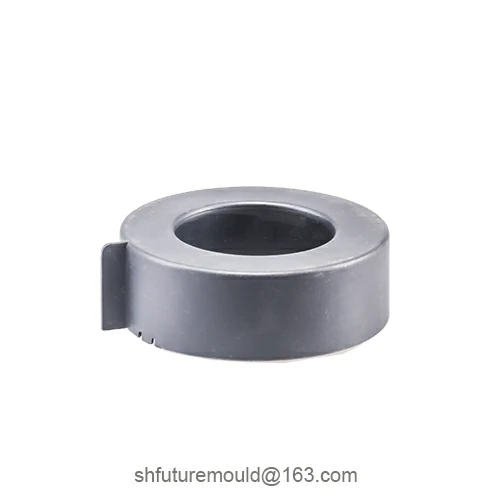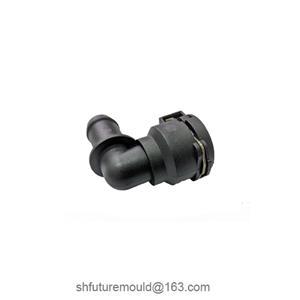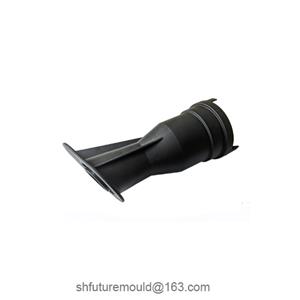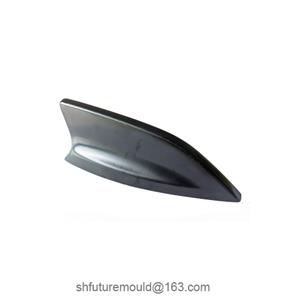How to Clean the Barrel of an Injection Molding Machine
The barrel of an injection molding machine accumulates residues such as plastic, carbonized deposits, and colorants. These contaminants can degrade product quality and even damage the equipment. Regular barrel cleaning is essential to maintain machine performance and ensure consistent production.
1. Choosing the Cleaning Method
Three primary methods are used for barrel cleaning, depending on production requirements and contamination levels:
Purging:
Use a transitional material (e.g., purging compound, PP, or PE) to flush out residues. Ideal for routine maintenance.
Mechanical Cleaning:
Disassemble the screw and manually clean the barrel. Suitable for severe carbonization or long-term neglect.
Chemical Cleaning:
Apply specialized chemical cleaners to dissolve stubborn residues. Note: Avoid corrosive agents that may damage the barrel.
2. Cleaning Procedures
(1) Purging Process
Reduce barrel temperature: Adjust to the recommended processing temperature for the purging material.
Empty the old material: Run the screw at low speed to evacuate residual plastic.
Add purging material: Gradually introduce the purging compound while increasing screw speed to scrub residues.
Monitor discharge: Continue until the nozzle expels clean, uncontaminated material.
Transition to new material: Purge with the new plastic several times before resuming production.
(2) Mechanical Cleaning Process
Shut down and cool: Turn off the machine and wait for the barrel to cool to a safe temperature.
Disassemble the screw: Follow the equipment manual to remove the screw and barrel.
Manual scrubbing: Use a copper brush or wooden scraper to remove carbonized deposits (avoid abrasive tools to prevent surface damage).
Soak stubborn residues: Apply a specialized cleaner to soak them if needed.
Reassemble: Reinstall the screw and restart the machine after thorough cleaning.
3. Preventive Measures
Clean regularly: Perform quick purging during material or color changes; conduct deep cleaning monthly.
Control processing temperatures: Avoid excessively high temperatures to prevent plastic decomposition and carbon buildup.
Use high-quality materials: Low-grade plastics degrade easily, increasing residue formation.
Proper shutdown protocols: Empty the barrel and purge with an easy-to-clean material before extended downtime.
- Injection Mold
- Automotive Injection Mold
- Electronics & Electrical Injection Mold
- Consumer Goods Injection Mold
- Airplane Components Injection Mold
- Medical Components Injection Mold
- Irrigation Components Injection Mold
- Injection Molds




